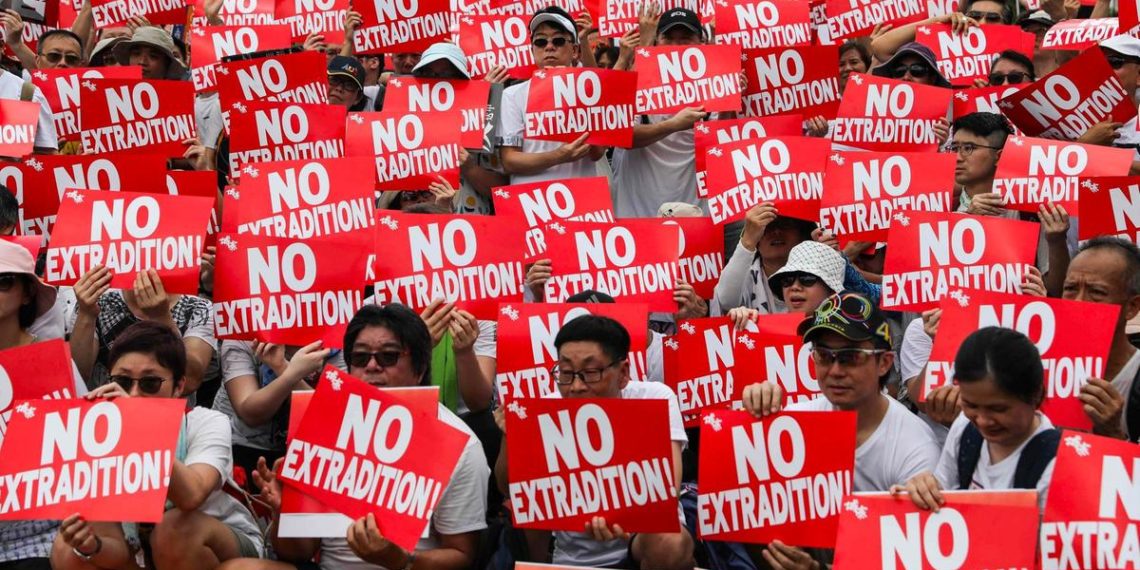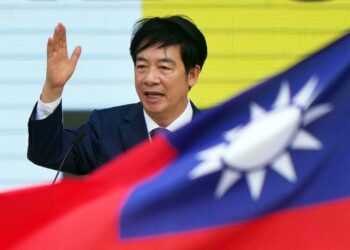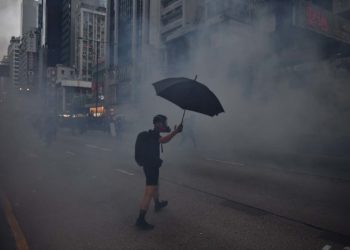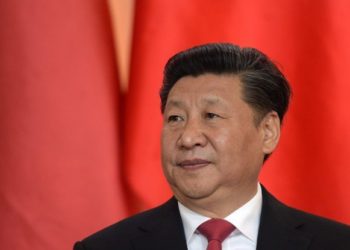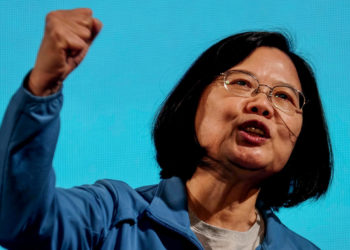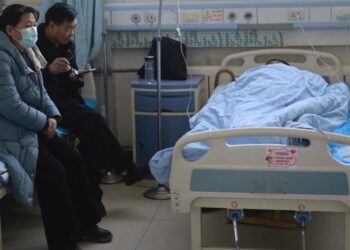“So it was the Chinese who had to pay for the catastrophe that had befallen their country,” observed Neel Rattan Halder, the real and fictional character of Amitav Ghosh’ Ibis trilogy, while analyzing the infamous 1842 Treaty of Nanking based on which the island of Hong Kong was ceded in perpetuity to Great Britain. Later, in 1898, additional new territories on the mainland were leased for 99 years to the British Crown as part of what the Chinese still refer to as the “Unequal Treaties.”
A century later, Hong Kong and the new territories were handed over to the People’s Republic of China with a form of rule of law guaranteed by an independent Court of Final Appeal, but no democracy.
For the past 20 years, Hong Kong people have repeatedly fought for their rights. Yesterday again, nearly two million Hong Kongese took to the street to protest against a proposed new extradition law that would allow suspected criminals to be sent to mainland China for trial.
One of the organizers of today's protest has told CNN they've “never seen such a big crowd” in Hong Kong. Live updates: https://t.co/4CAI1WG9OK pic.twitter.com/SIyDVKPzw6
— CNN International (@cnni) June 16, 2019
This massive mobilization was the largest protest ever in a territory of only 7 million inhabitants. While the extradition law project was suspended by Hong Kong Chief Executive Carrie Lam with hope to reduce public anger, Hong Kong’s population remains extremely concerned with the possible consequences of the law, which is only the latest manifestation of the extreme degradation of the human rights situation in the territory.
Hong Kong’s Very Basic Law
Hong Kong Basic Law, the mini constitution negotiated by London and Beijing before the 1997 handover, provides Hong Kongese with a series of rights precisely designed to reduce China’s influence on the territory if not to block its interference.
It is, for instance, clearly stated that Hong Kong residents will have freedom of speech; freedom of association and demonstration; and the right and freedom to form and join trade unions and strike. It is also evident from Article 39 that provisions of the International Covenant on Civil and Political Rights, the International Covenant on Economic, Social and Cultural Rights, and international labor conventions shall remain in force and shall be implemented through Hong Kong’s laws. This as such is a great departure from China’s proposed extradition law, as Beijing is not a party to the International Covenant on Civil and Political Rights.
As Special Administrative Region of China, Hong Kong is an independent customs territory and as such, a member of the World Trade Organization. But this “one country, two systems” formula invented by China rests on fragile grounds as the powers of interpretation and amendment of the Basic Law were given to Chinese bodies by its Article 158 and 159.
These two last provisions, together with the loosely framed Article 23 addressing the possibility of sedition or subversion, de facto render the democratic legacy of the British null and void. For example, in 2004, the Chinese National People’s Congress ruled out the possibility of universal suffrage for the election of Hong Kong’s Chief Executive.
One Country, One System
There is much to worry about while the Basic Law only guarantees rights for Hong Kong people for 50 years without specifying how the island will be governed after 2047.
The British never gave democracy to the colony but planted its seeds in creating a unique system of education and justice. Hong Kong civil society is fierce and the Court of Final Appeal, Hong Kong’s higher level of judiciary, has long illustrated itself for its remarkable independence in defending the territory’s rule of law.
The very possibility of facing the arbitrary criminal justice system of the People’s Republic of China is absolutely intolerable for Hong Kong citizens vigorously attached to their freedom. They have proven their determination in 2014 with the Umbrella Movement and Occupy Central with Love and Peace, a civil disobedience campaign advocating for free elections based on universal and equal suffrage.
In April this year, the leaders of the Umbrella Movement, sociology Professor Chan Kin-man (60), law Professor Benny Tai (54), and Baptist minister Rev Chu Yiu-ming (75), were condemned to 16 months each for conspiracy to commit “public nuisance” – a vague offense in direct contradiction with the rights to demonstrate enshrined in the Basic Law.
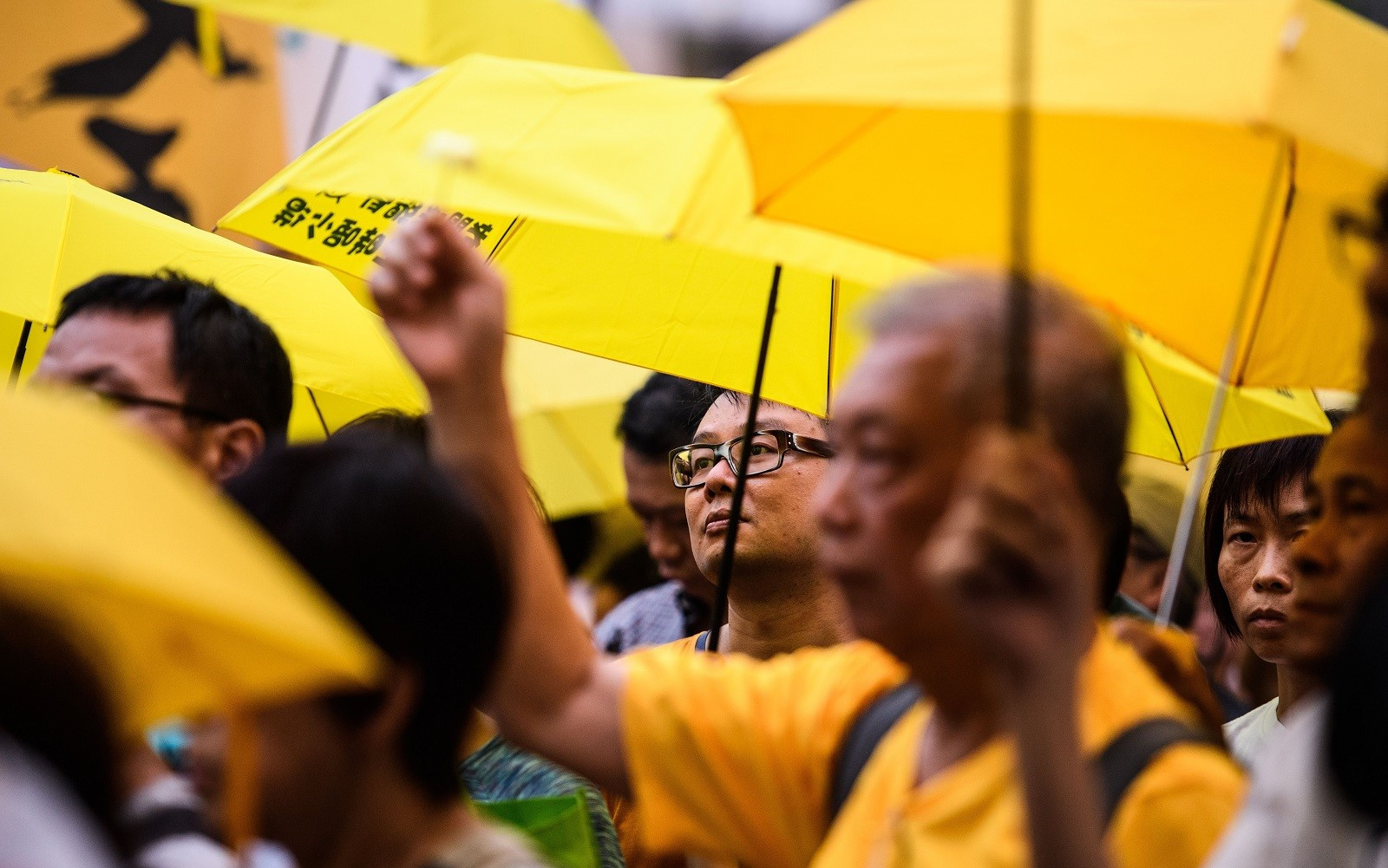
Rev Chu’s sentence was suspended for two years, but the judgment came as an electroshock to the pro-democracy camp. Journalists and academics are particularly targeted while Hong Kong produces the best independent research on China in think tanks, NGOs, and prestigious universities now constantly under scrutiny if not direct pressure by China. Professor Johannes Chan, the previous Dean of Hong Kong University Law School, has paid the hard price of intellectual freedom when he was forced to step down in 2014 for “excessive political participation” and support of the Occupy Central movement.
Lord Chris Patten, the last Governor of Britain’s last colony Hong Kong, was right when reflecting upon the 20th anniversary of the territory’s handover to China and felt he “should have done more.” Or perhaps the British Crown should have done less to start with for it is indeed the Chinese people who pay the price of history.
Disclaimer: The views and opinions expressed here are those of the author and do not necessarily reflect the editorial position of The Globe Post.

